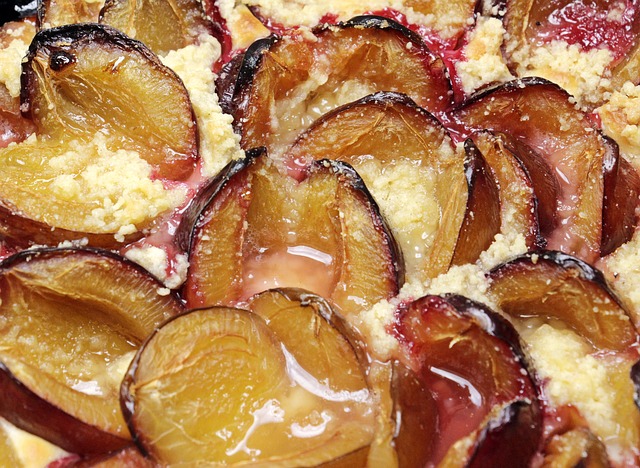(‘Beyond Yogurt: Discovering Unexpected Sources of Probiotics’)
Probiotics have gained immense popularity in recent years thanks to their numerous health benefits. These live microorganisms, often referred to as “good bacteria,” are known for supporting digestive health, boosting the immune system, and promoting overall well-being.
While yogurt is one of the most popular sources of probiotics, there are actually many other foods and beverages that contain high levels of these beneficial bacteria. In this article, we will explore some unexpected sources of probiotics that you may not have considered before.
1. Fermented Vegetables
When you think of probiotics, vegetables may not be the first thing that comes to mind. However, certain fermented vegetables are rich in beneficial bacteria. Traditional fermented favorites like sauerkraut and kimchi are great examples. These fermented vegetables undergo a natural fermentation process where lactic acid bacteria thrive, resulting in a probiotic-rich product. Adding a serving of sauerkraut or kimchi to your meals can be a delicious way to increase your probiotic intake.
2. Kefir
Kefir is a fermented milk drink that has been consumed for centuries. Similar to yogurt, kefir is made by fermenting milk with kefir grains, which are a combination of bacteria and yeast. The fermentation process results in a tangy and slightly effervescent drink that is packed with probiotics. Kefir is not only rich in various strains of bacteria but also contains beneficial yeast strains. This makes it an excellent choice for those looking for a diverse probiotic profile. You can drink kefir on its own or use it as a base for smoothies and shakes.
3. Miso
Miso paste is a traditional Japanese seasoning made by fermenting soybeans with salt and a type of fungus called koji. The fermentation process can take anywhere from a few days to several years, resulting in different varieties of miso with varying flavors and probiotic content. Miso is commonly used in soups, marinades, and dressings, adding a rich umami flavor to dishes. Apart from its distinctive taste, miso also offers a good dose of probiotics, making it a valuable addition to your diet.
4. Tempeh
Tempeh is a traditional Indonesian soy product made by fermenting whole soybeans with a fungus called Rhizopus oligosporus. It has a firm texture and a nutty flavor that makes it a popular meat substitute for vegans and vegetarians. During the fermentation process, the fungus binds the soybeans together, creating a solid patty. As tempeh is made from whole soybeans, it contains not only probiotics but also isoflavones, antioxidants, and protein, making it a nutritious choice for individuals seeking a plant-based probiotic source.
5. Kombucha
Kombucha is a fizzy, fermented tea that has gained popularity as a health drink. It is made by fermenting sweetened tea with a culture of bacteria and yeast known as a SCOBY (Symbiotic Culture of Bacteria and Yeast). The fermentation process converts the sugars in the tea into carbon dioxide, alcohol, and organic acids, resulting in a slightly tangy and effervescent beverage. Kombucha is not only refreshing but also provides a good amount of probiotics. It is available in various flavors and can be enjoyed as a stand-alone beverage or used as a base for refreshing mocktails.
While yogurt is undoubtedly a valuable source of probiotics, it’s important to explore and incorporate other options into your diet to experience a wider range of beneficial bacteria. Including these unexpected sources of probiotics can not only diversify your probiotic intake but also add exciting flavors and variety to your meals. So why not go beyond yogurt and discover the abundance of probiotics waiting to be explored?







